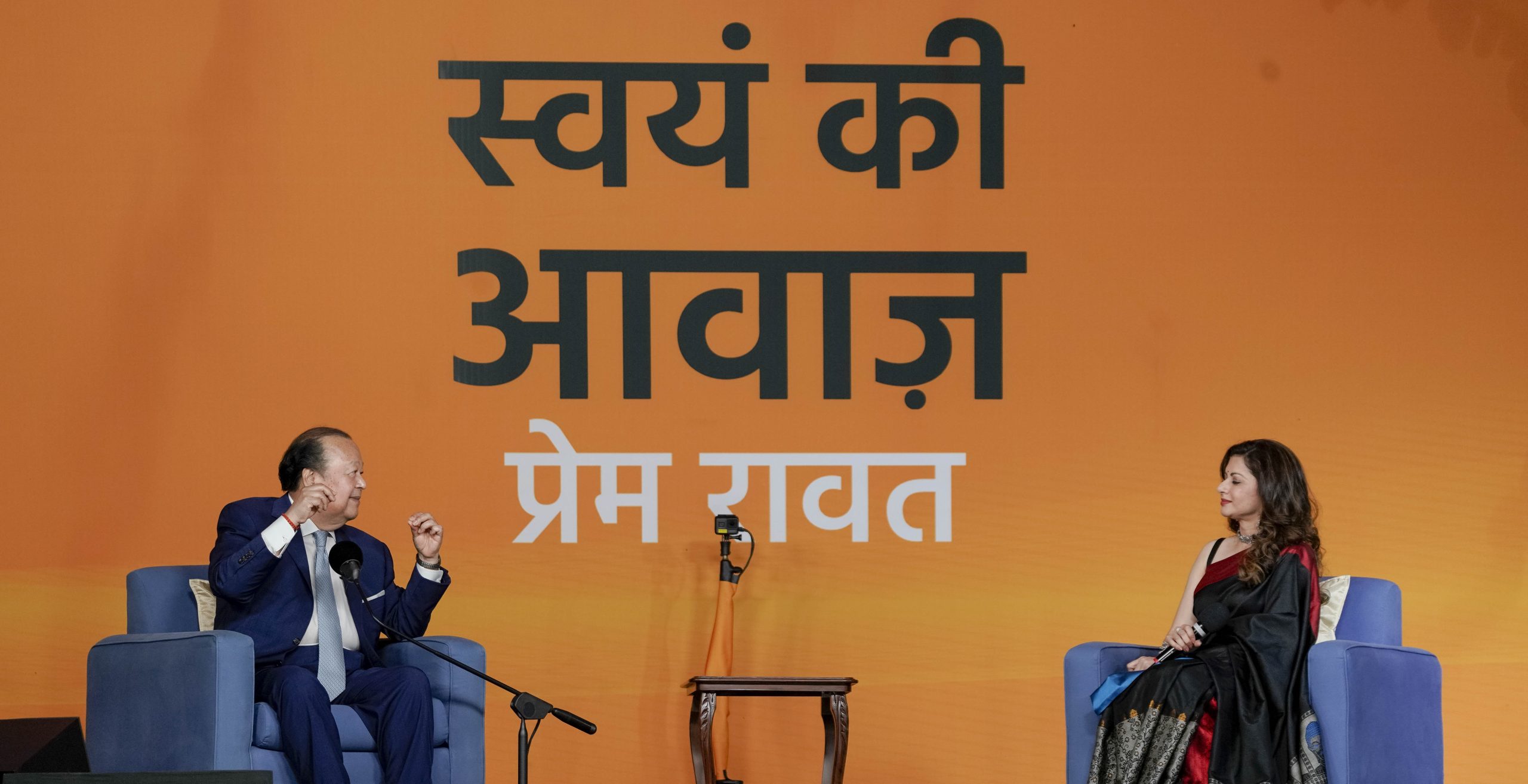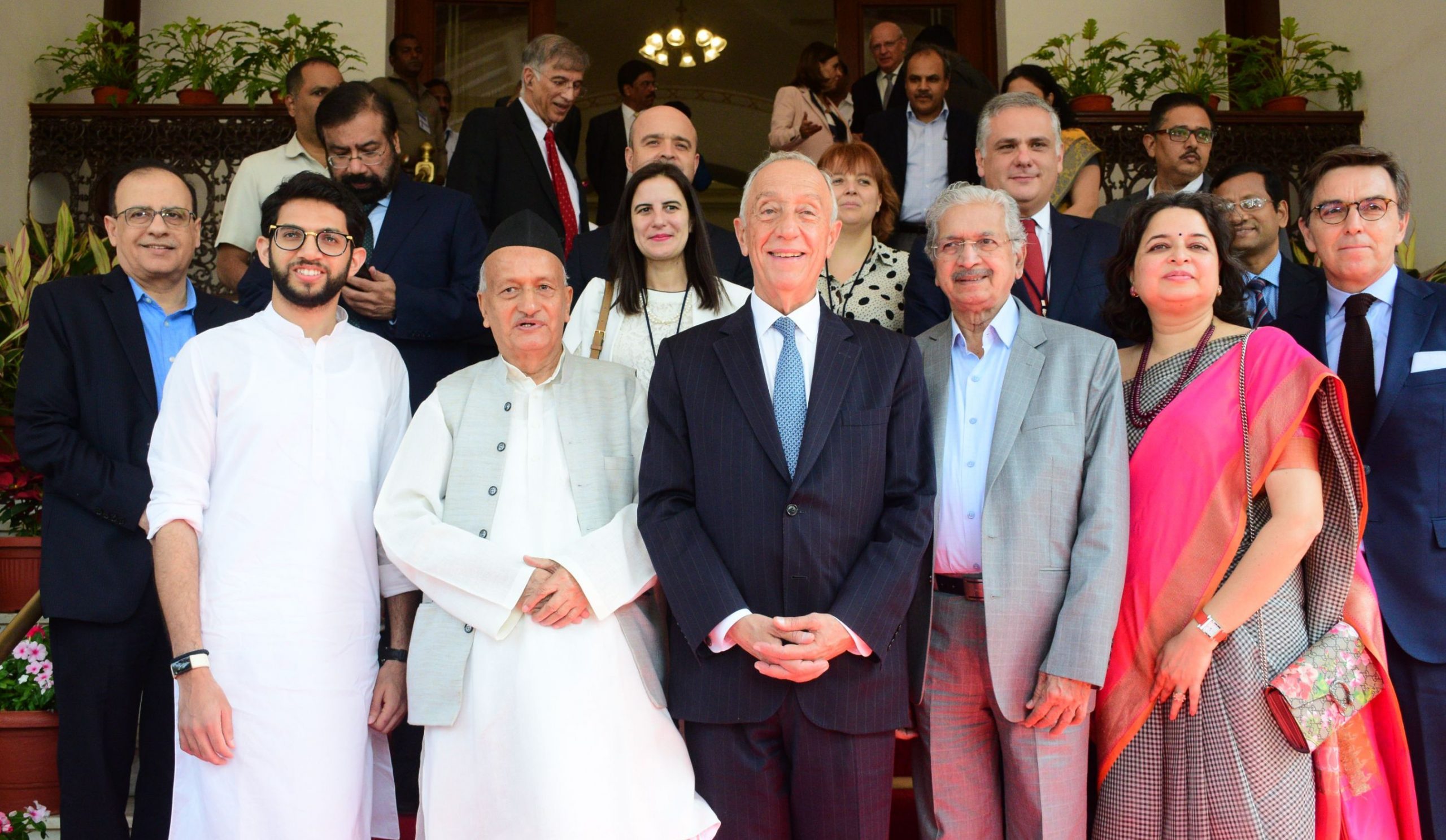By Lt. Sanjeev Verma
The conclusion of the on June 1, 2024, ushers in a new political era, highlighting several economic challenges that demand immediate attention. The Indian economy, once celebrated for its rapid growth, now faces significant hurdles, including sluggish GDP growth, rising unemployment, inflationary pressures, a widening fiscal deficit, and the impacts of global economic uncertainties.
A pressing concern post-elections is the slowdown in GDP growth. Factors such as weakened consumer demand, reduced industrial output, and stagnant private investment contribute to this deceleration. To stimulate growth, the government needs to focus on infrastructure projects, ease of doing business, and incentivizing private investments.
Unemployment, particularly among the youth, remains a critical issue exacerbated by the economic slowdown. The labor market has not kept pace with the growing population, leading to a significant number of job seekers without employment. Addressing this requires creating job opportunities through skill development programs, promoting entrepreneurship, and encouraging labor-intensive industries.
Persistent inflation, especially in essential commodities like food and fuel, strains household budgets. Balancing growth with inflation control is crucial. The government should improve supply chain efficiencies, reduce middlemen in agricultural markets, and maintain prudent fiscal policies to manage inflation effectively.
The fiscal deficit, driven by expenditure outpacing revenue, is another significant challenge. High borrowing levels can crowd out private investment and increase interest rates. Sustainable fiscal policies, better tax compliance, rationalizing subsidies, and curtailing non-essential expenditures are essential to addressing the deficit. Structural tax reforms can also aid fiscal consolidation.
Global economic uncertainties, such as trade tensions and geopolitical conflicts, can impact the Indian economy. Fluctuations in global oil prices, for instance, affect India’s import bill and trade deficit. Mitigating global shocks requires diversifying trade partners, building strategic reserves, and strengthening economic ties with stable economies.










